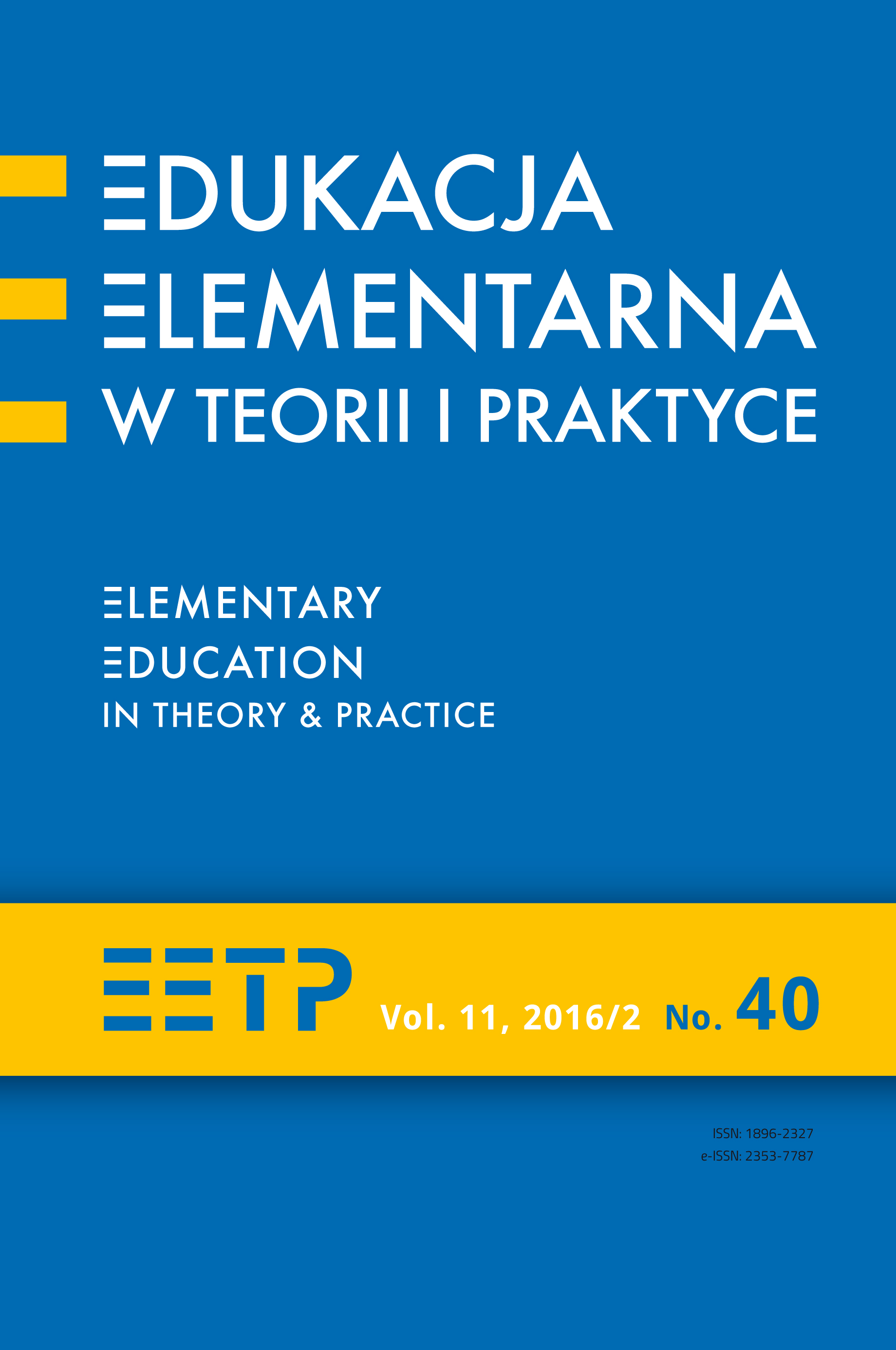Indywidualność dziecka w obliczu obowiązku szkolnego
The Individuality of the Child in the Face of Compulsory Schooling
Author(s): Katarzyna Dmitruk-SierocińskaSubject(s): Social Sciences, Education
Published by: Uniwersytet Ignatianum w Krakowie
Keywords: early childhood pedagogy; early childhood education; child subjectivity; individual development of a child; the diagnosis of maturity and school readiness
Summary/Abstract: This article is an attempt to provoke the reader to consider the situation of a first-grade pupil from another perspective, namely from the individual autonomy of a child. Polish law requires the compulsory schooling of children of their parents and gives them a certain freedom of choice. Since 2016, children from the age of seven are in the compulsory schooling system. However, if parents agree, they can send children to school at the age of six. It is in this case that the accurate diagnosis of maturity and school readiness is very important since it will determine the future education of the child. Hasty decisions resulting from social pressure or the belief that it will all be alright somehow should not be taken. The opinion of the preschool teacher, a responsible approach on the part of the parents and the health of the child should help in formulating a complete diagnosis. The knowledge of the current state of the child’s development, its capabilities, competence and needs will allow the teacher to personalize the education process. From the 1st of September, every first-grade pupil should be treated subjectively, as a unique and exceptional individual obtaining own experience through free activity. It should be kept in mind that fun and exploration of the immediate environment are priorities at this age. It is in order to manage the education and upbringing process wisely that the principles of child development, the current reality and cooperation with parents should be taken into account. In the times of rapidly changing realities, the teaching program must be flexible, the school has to create appropriate conditions for fun and learning, and teachers should look for new, often alternative methods of working with children.
Journal: Edukacja Elementarna w Teorii i Praktyce
- Issue Year: 11/2016
- Issue No: 2 (40)
- Page Range: 25-40
- Page Count: 16
- Language: Polish

